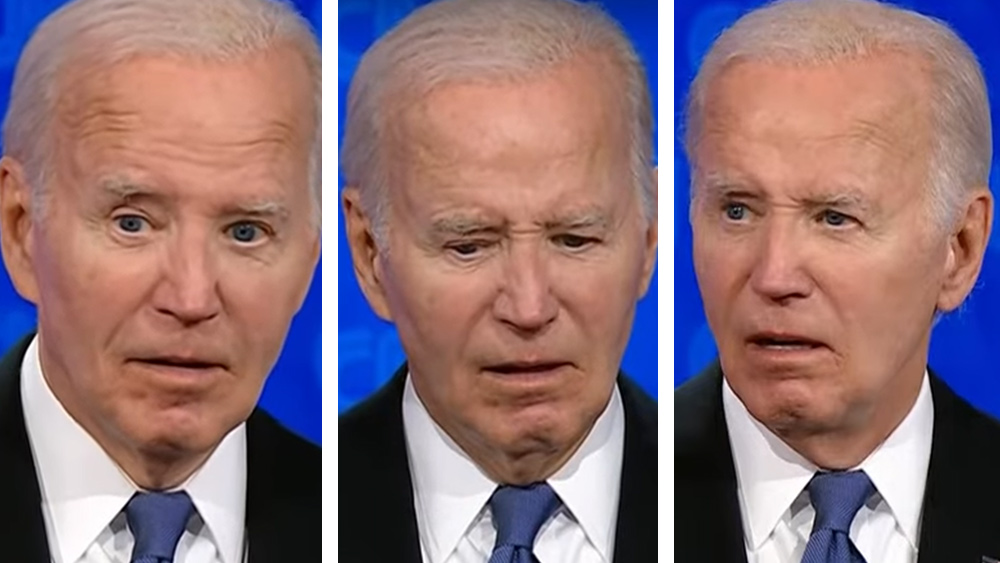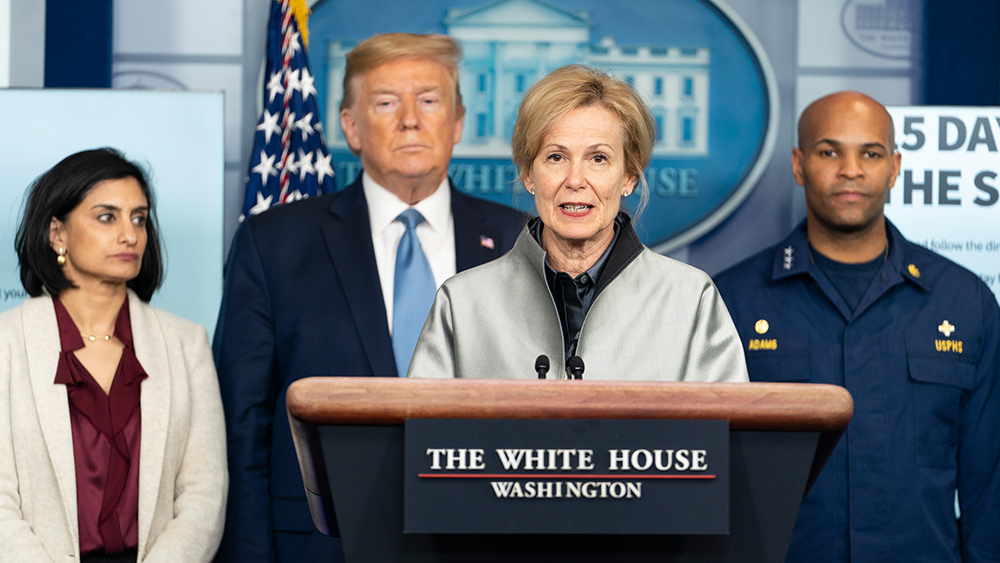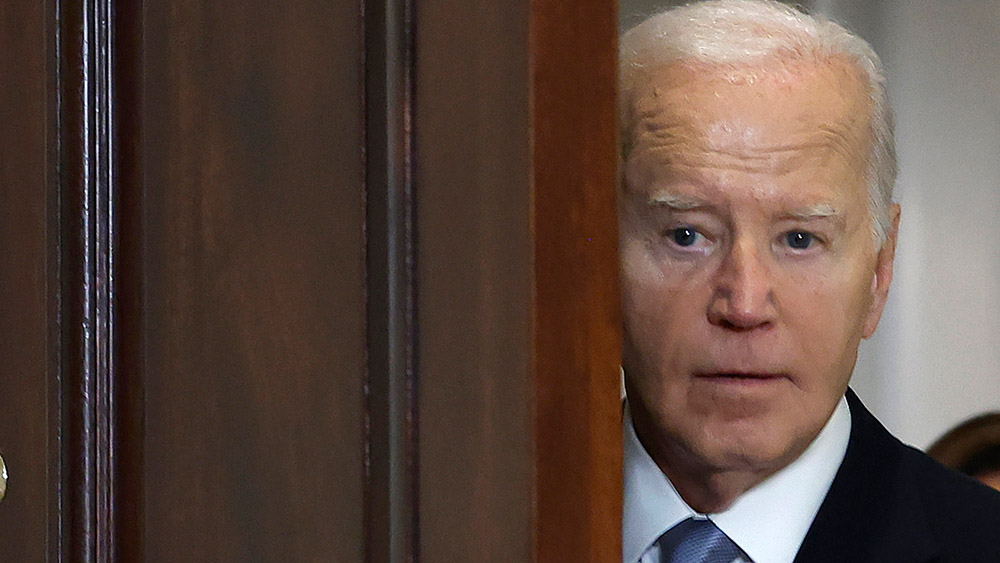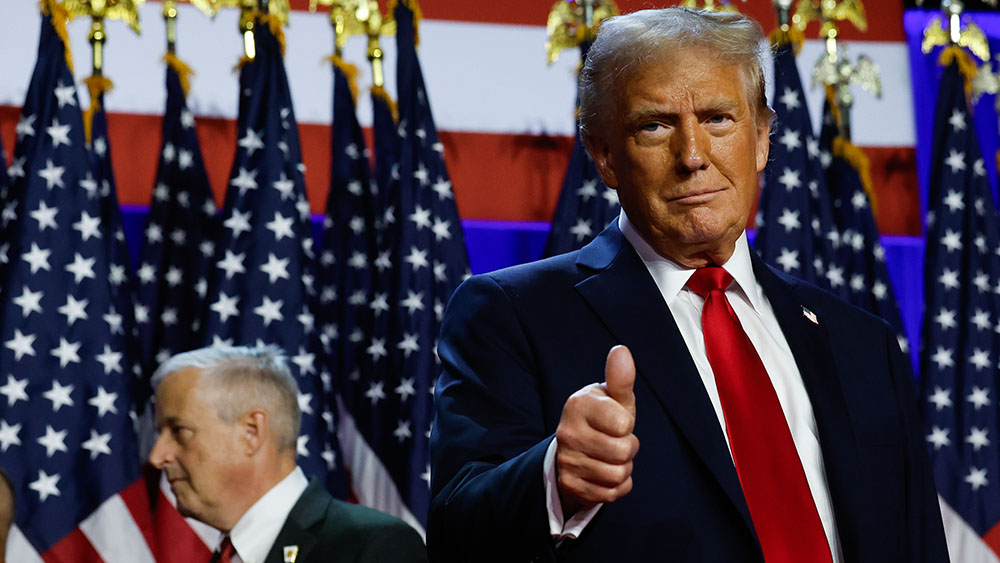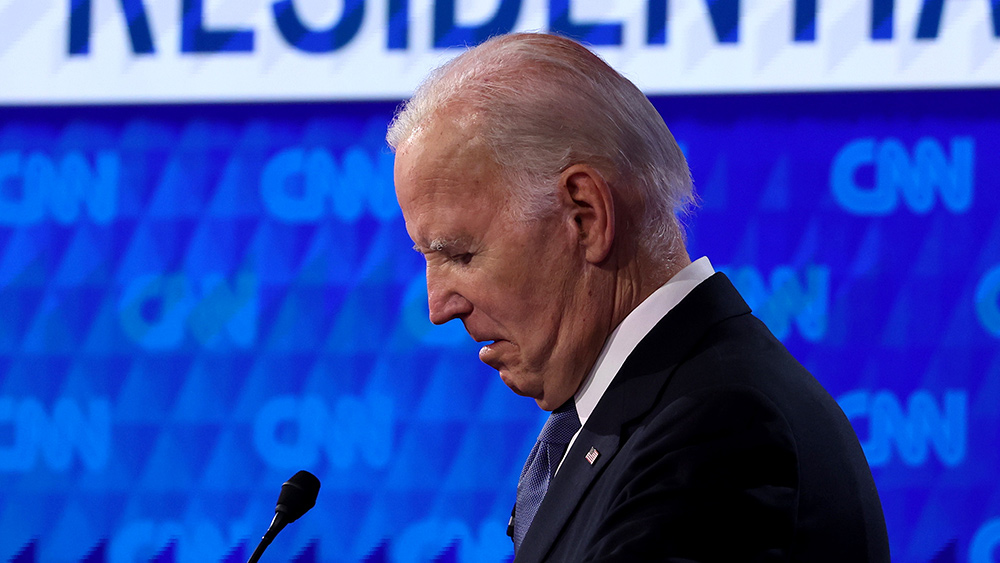Russia signals willingness to negotiate peace deal with Ukraine at neutral site in SLOVAKIA, but Ukraine rejects it
01/02/2025 / By Lance D Johnson

- Russian President Vladimir Putin has expressed openness to Slovakia’s offer to host peace negotiations with Ukraine, praising Slovakia’s “neutral position.”
- Slovak Prime Minister Robert Fico’s controversial visit to Moscow has sparked backlash domestically and internationally, with critics accusing him of undermining EU unity.
- Ukraine has rejected Slovakia’s mediation offer, accusing Fico of siding with Russia and jeopardizing European solidarity.
- Kyiv has accused Russia of intensifying its offensive, including the use of North Korean troops
- Slovakia, a NATO and EU member, has faced criticism for its reliance on Russian gas and its perceived alignment with Moscow.
- Ukraine’s refusal to extend the Russian gas transit contract has heightened tensions with Slovakia, which relies heavily on Russian energy supplies.
- Ukraine’s refusal to negotiate a peace deal is a missed opportunity for Europe.
Slovakia’s peace offer could become a missed opportunity, as Ukraine rejects diplomacy
In a surprising turn of events, Russian President Vladimir Putin has signaled openness to Slovakia’s proposal to host peace negotiations with Ukraine, a move that could potentially pave the way for an end to the devastating conflict that has raged for nearly three years. However, Ukraine’s reluctance to engage in talks and its accusations against Slovakia have cast doubt on the prospects of a diplomatic resolution, raising questions about Kyiv’s commitment to peace.
The development follows Slovak Prime Minister Robert Fico’s controversial visit to Moscow on December 22, a trip that has drawn sharp criticism from both domestic and international observers. Fico, who has long maintained close ties with the Kremlin, met with Putin to discuss the possibility of Slovakia serving as a neutral platform for peace talks. Putin praised Slovakia’s “neutral position” on the conflict, calling it “acceptable” for Moscow. “If someone wants to organize peace talks in Slovakia, we will be ready and hospitable,” Fico later stated on Facebook.
Yet, Ukraine has dismissed the offer, accusing Fico of undermining European unity and siding with Russia. Ukrainian President Volodymyr Zelensky has been particularly vocal, alleging that Fico’s visit to Moscow was an attempt to “help” Putin. Kyiv’s refusal to extend the Russian gas transit contract, which expires at the end of the year, has further strained relations with Slovakia, a country heavily reliant on Russian energy supplies. Fico has warned that Ukraine’s decision could cause “billions of damages to the EU,” while Kyiv insists it is acting in the interest of weakening Russia’s economic leverage.
Slovak Prime Minister accused as “propaganda tool” for Putin, even though Ukraine is the one delaying peace talks
The Slovak prime minister’s Moscow visit has sparked widespread outrage at home, with thousands of protesters gathering in Bratislava to denounce the trip as a betrayal of Slovakia’s allies. Opposition leaders have accused Fico of serving as a “propaganda tool” for Putin, while EU officials have expressed concern over the erosion of bloc unity in the face of Russian aggression. Despite the backlash, Fico remains steadfast in his belief that diplomacy is the only path to ending the war.
Ukraine’s reluctance to engage in peace talks has raised eyebrows among observers, who argue that Kyiv’s refusal to consider diplomatic solutions risks prolonging the conflict. While Ukraine has legitimate concerns about the terms of any potential settlement, its dismissal of Slovakia’s offer appears counterproductive, particularly as the country struggles on the battlefield. Kyiv’s accusations against Slovakia, including claims that Fico is jeopardizing European solidarity, seem unfounded given Slovakia’s status as a NATO and EU member. Such rhetoric only serves to alienate potential mediators and complicate efforts to achieve peace.
Meanwhile, Russia continues to intensify its offensive, with reports of North Korean troops joining the fight on the front lines. Zelensky has accused Moscow of using these soldiers as “cannon fodder,” claiming that several wounded North Korean troops have died after being captured by Ukrainian forces.
Slovakia’s offer to host peace talks represents a rare opportunity to de-escalate the war and save countless lives. Yet, Ukraine’s refusal to engage and its unfounded accusations against Slovakia threaten to squander this chance. As the conflict drags on, the international community must urge both sides to prioritize diplomacy over rhetoric and seek a peaceful end to the bloodshed.
Sources include:
Submit a correction >>
Tagged Under:
chaos, conflicts of interest, diplomatic solutions, energy, false accusations, mediation, mediators, national security, neutral site, North Korean troops, peace negotiations, progress, propaganda, Russia, Slovakia, Ukraine, WWIII
This article may contain statements that reflect the opinion of the author
RECENT NEWS & ARTICLES
COPYRIGHT © 2018 DECEPTION.NEWS
All content posted on this site is protected under Free Speech. Deception.news is not responsible for content written by contributing authors. The information on this site is provided for educational and entertainment purposes only. It is not intended as a substitute for professional advice of any kind. Deception.news assumes no responsibility for the use or misuse of this material. All trademarks, registered trademarks and service marks mentioned on this site are the property of their respective owners.

